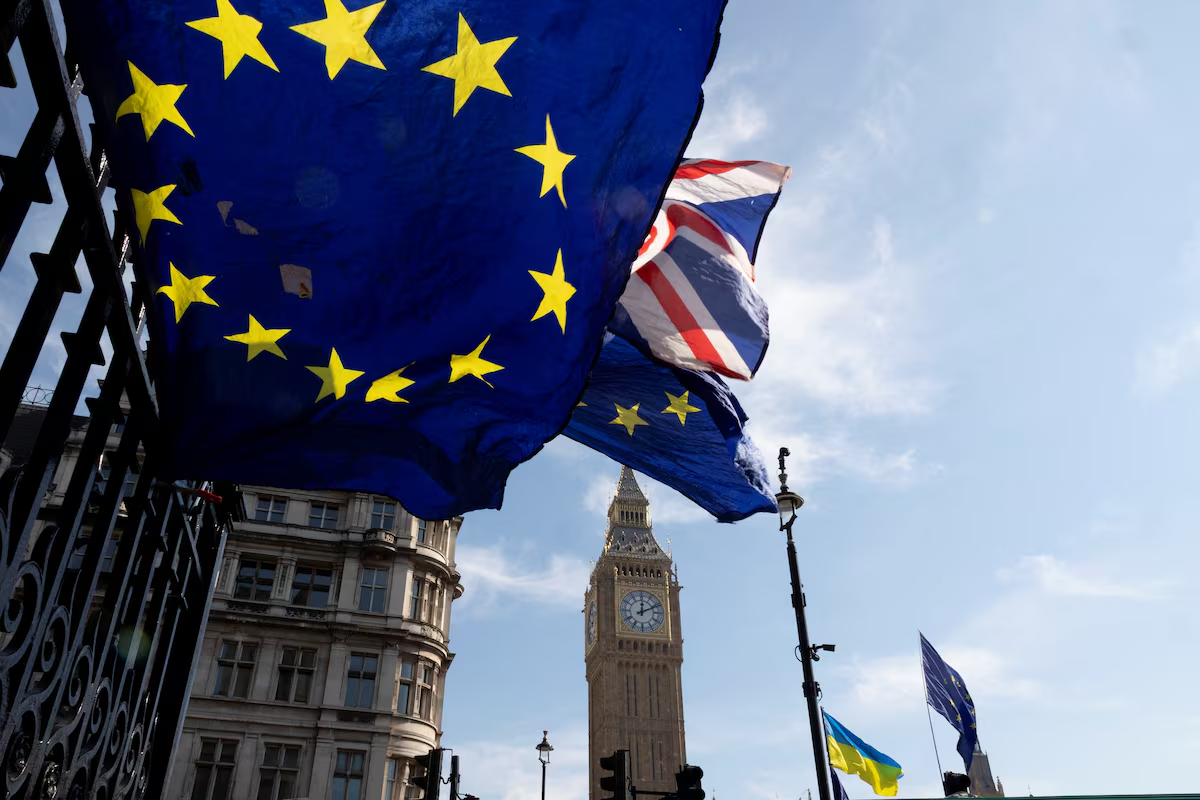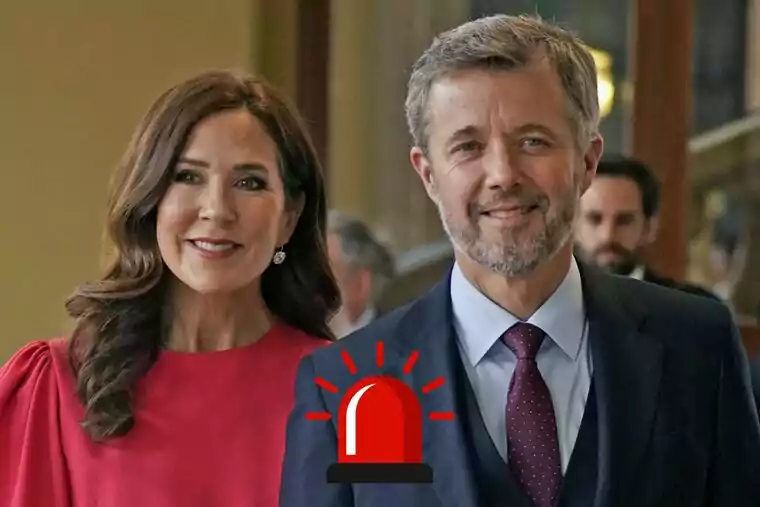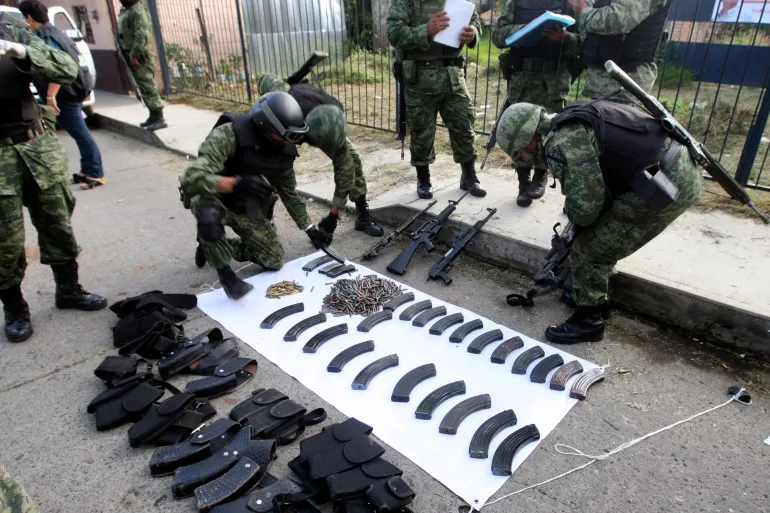The European Union and the United Kingdom have reached a tentative agreement to improve post-Brexit cooperation on trade and security, according to officials from both sides ahead of a high-level summit set for later this week. The preliminary deal marks a significant development in ongoing efforts to stabilize UK-EU relations after years of friction following the UK’s 2020 departure from the bloc.
The agreement, which is still subject to final approval by political leaders, outlines commitments to streamline customs procedures, enhance data-sharing, and increase cooperation on foreign policy and defense matters. If ratified, it would represent the most substantial upgrade to UK-EU ties since the signing of the Trade and Cooperation Agreement (TCA) four years ago.
According to European officials familiar with the negotiations, the new framework does not reintroduce single market access or customs union membership but provides mechanisms for closer alignment in key areas—particularly around cross-border trade, joint regulatory standards, and security coordination in light of the war in Ukraine.
One UK government source described the deal as a “pragmatic breakthrough” aimed at reducing frictions without compromising sovereignty. “It shows that both sides are willing to turn the page and work together on shared challenges,” the official said.
The timing is critical. With the European Political Community summit set to take place in Brussels later this week, leaders from across the continent are expected to focus on regional stability, economic competitiveness, and security cooperation. The UK’s participation in this summit—and its tentative deal with the EU—underscores a broader shift toward engagement after years of diplomatic coolness.
Key features of the tentative agreement reportedly include:
- Simplified customs checks on goods moving between Great Britain and the EU, particularly for small businesses.
- Cooperation on sanctions enforcement, particularly regarding Russia’s ongoing invasion of Ukraine.
- Renewed defense dialogue between UK and EU officials, including discussions on joint military exercises and cybersecurity strategies.
- Climate and energy coordination, focusing on carbon pricing and renewable energy investment.
European Commission Vice-President Maroš Šefčovič, who has led talks on the EU side, emphasized the importance of pragmatic cooperation. “This is not about reversing Brexit—it’s about maximizing what we can achieve through structured engagement,” he said.
British Prime Minister Rishi Sunak, under pressure domestically to deliver post-Brexit economic stability, has signaled openness to working more closely with Europe, provided that UK sovereignty is respected. The tentative deal allows the UK to maintain its regulatory independence while voluntarily aligning with certain EU standards to reduce trade disruption.
In London, the agreement received mixed reactions. Business groups and economists broadly welcomed the development, arguing that improved UK-EU ties would help ease inflationary pressures and supply chain issues. However, some Brexit hardliners in the Conservative Party expressed concern that even limited alignment with EU rules could open the door to further integration.
Labour leader Keir Starmer, whose party has consistently called for closer cooperation with the EU, welcomed the news, saying, “This is a step in the right direction—but we need more ambition to repair our economic ties and restore trust.”
While the agreement remains tentative until formally endorsed at the summit, both sides appear keen to project unity. EU diplomats said the talks were “more constructive than at any point since 2020,” and British officials praised the “mature and forward-looking tone” of the negotiations.
If finalized, the deal would not only reduce practical barriers but could also set a more collaborative tone in UK-EU relations for years to come—potentially marking a turning point in one of Europe’s most significant diplomatic rifts.
Source: Reuters



